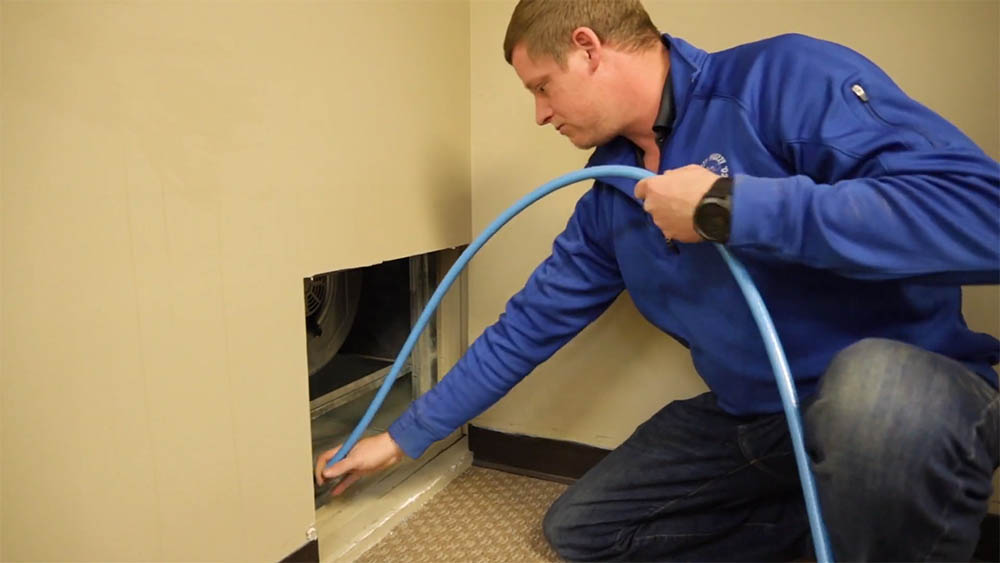Both homeowners and business owners often wonder about which gas is used in HVAC systems. The gas used in these systems is crucial for efficient functioning and environmental safety. This article will explore this topic in detail, offering insights to both audiences.

The Importance of HVAC Systems
HVAC systems play a critical role in maintaining the indoor climate of our homes and businesses. They regulate temperature, maintain air quality, and ensure comfort. Understanding the gases involved can help in making informed decisions about installations, repairs, and upgrades.
Primary Gas Used: Refrigerants
What Are Refrigerants?
Refrigerants are the primary gases used in HVAC systems. They absorb heat from the environment and release it outside, enabling cooling and heating. Common refrigerants include R-22, R-410A, and R-134A.
R-22 vs. R-410A
R-22, also known as Freon, was widely used in older systems. However, due to its ozone-depleting properties, it has been phased out and replaced by R-410A, which is more environmentally friendly.
Environmental Impact of Refrigerants
Ozone Depletion
Older refrigerants like R-22 have been known to cause ozone depletion, leading to regulatory changes. This has prompted the HVAC industry to adopt newer, environmentally friendly gases.
Global Warming Potential
The global warming potential (GWP) of a refrigerant is a measure of how much heat it can trap in the atmosphere. R-410A and R-134A have lower GWP, making them better choices for the environment.
Other Gases Used in HVAC Systems
Carbon Dioxide (CO2)
While not as common as refrigerants, CO2 is sometimes used in specialized HVAC systems, particularly in commercial and industrial settings.
Ammonia (NH3)
Another gas that sees use in industrial HVAC systems is ammonia, thanks to its efficient heat transfer properties. However, it is toxic and requires careful handling.
Maintenance and Safety Tips
Regular Inspections
Regular inspections can help identify leaks and other issues with your HVAC system, ensuring it runs efficiently and safely.
Professional Servicing
Always opt for professional servicing to handle refrigerants and other gases safely. Employ technicians certified to handle these materials.
Innovative Trends in HVAC Gases
Natural Refrigerants
Natural refrigerants like hydrocarbons and CO2 are gaining popularity due to their lower environmental impact.
Smart HVAC Systems
Innovations like smart thermostats and automated systems are making HVAC operations more efficient, further reducing the need for harmful gases.
Conclusion
Understanding which gas is used in HVA C systems is crucial for both homeowners and business owners. Whether it’s refrigerants like R-410A or specialized gases like CO2 and ammonia, knowing their properties and impacts can help in making informed decisions.
C systems is crucial for both homeowners and business owners. Whether it’s refrigerants like R-410A or specialized gases like CO2 and ammonia, knowing their properties and impacts can help in making informed decisions.
FAQs
1. What is the most commonly used gas in HVAC systems?
R-410A is currently the most commonly used refrigerant in HVAC systems.
2. Why was R-22 phased out?
R-22 was phased out due to its ozone-depleting properties.
3. Are natural refrigerants better for the environment?
Yes, natural refrigerants generally have lower environmental impacts compared to synthetic ones.